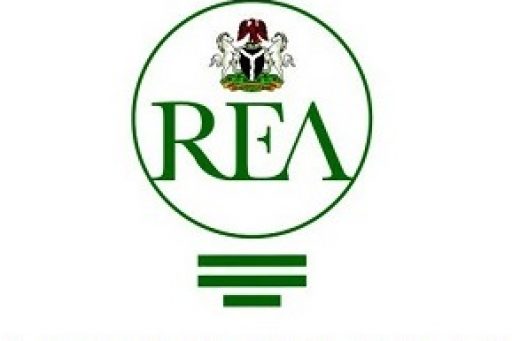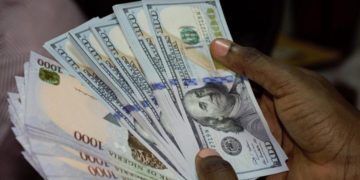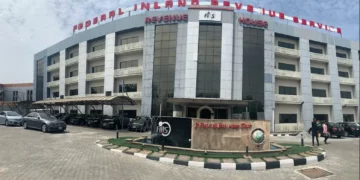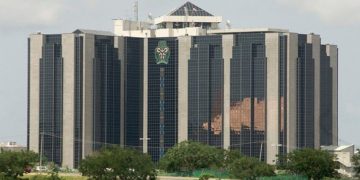The Rural Electrification Agency, REA, is dedicating energy towards providing electricity access to over 20 million Nigerians under its solar and mini grid development programme.
Acting director and chief executive of REA, Abba Aliyu, said the agency is meticulously applying the $750 million project supported by the World Bank to provide electricity to 20.1 million Nigerians.
This was a revelation he shared with the media at the ARE Energy Access Investment Forum (EAIF) 2024 held on May 21, in Lagos.
The World Bank provided the loan through the International Development Association (IDA) — an organisation under the Bretton Woods institution — which provides capital to the world’s poorest countries.
Aliyu explained that REA will provide isolated mini-grids for three million Nigerians to access electricity and 1.5 million Nigerians would get power through interconnected mini-grids, and about 15.6 million Nigerians to be electrified using the solar home system and mesh grid.
“The federal government now, under the present leadership of the President Bola Tinubu, they approved the biggest public sector funded off-grid project in the entire world, the $750 million project, where REA will use that funding as a capital subsidy to incentivise the private sector to electrify 23 per cent of the total un-electrified Nigerians,” Aliyu said.
“And we are very clear on how we intend to achieve that. We want to provide three million Nigerians with electricity access using isolated mini-grids, 1.5 million Nigerians with electricity access through interconnected mini-grids, and also about 15.6 million Nigerians with solar home systems and a mesh grid.”
Aliyu also said the rural electrification fund (REF), which is the funding that REA receives from the electricity market, is being used to partner with states to operationalise the new Electricity Act.
“And we use that also to partner with the state in our own effort to operationalise the new Electricity Act, where we get the sub-national, the state, to provide counterpart funding of 30 per cent, and REA provides 17 per cent to provide intervention by providing mini-grids or solar home system or productive use of equipment within the state,” the MD said.
“So this is the second aspect of intervention that REA is doing. Then lastly, based on this data and experience within the space, REA is also developing different models that can be replicated across the country.”
Aliyu also said REA is implementing a $550 million natural electrification project funded by the World Bank and African Development Bank (AfDB).
“As much as the country has the highest electricity gap in the world, the federal government is doing a lot in addressing that. Typical of that is the natural electrification project that the REA is implementing, which is a $550 million project funded by the World Bank and African Development Bank, where we developed and deployed the first resource-based financing framework to catalyse private sector investment,” the MD said.
He said REA has a mandate to bridge the electricity gap, adding that through the project, REA has mobilised substantial private sector capital and deployed over 150 mini-grids across the country.
To him, “We have also deployed 150 pure water container rides, mini-grids across about 100 health institutions across the country. And very soon the federal government, the minister of power, is about to start commissioning the high-impact project that REA has done in universities, where over 350,000 students will benefit from this intervention in about 15 universities.”
Aliyu said the agricultural sector and electricity can all perform together to enhance farmers’ productivity.
He said part of the fund will be used to provide equipment to 640,000 farmers.
“We also intend to use that funding to catalyse private sector funding to provide over 640,000 farmers with productive use of equipment to enhance their productivity. So this is one bit of what we are doing,” he said.











